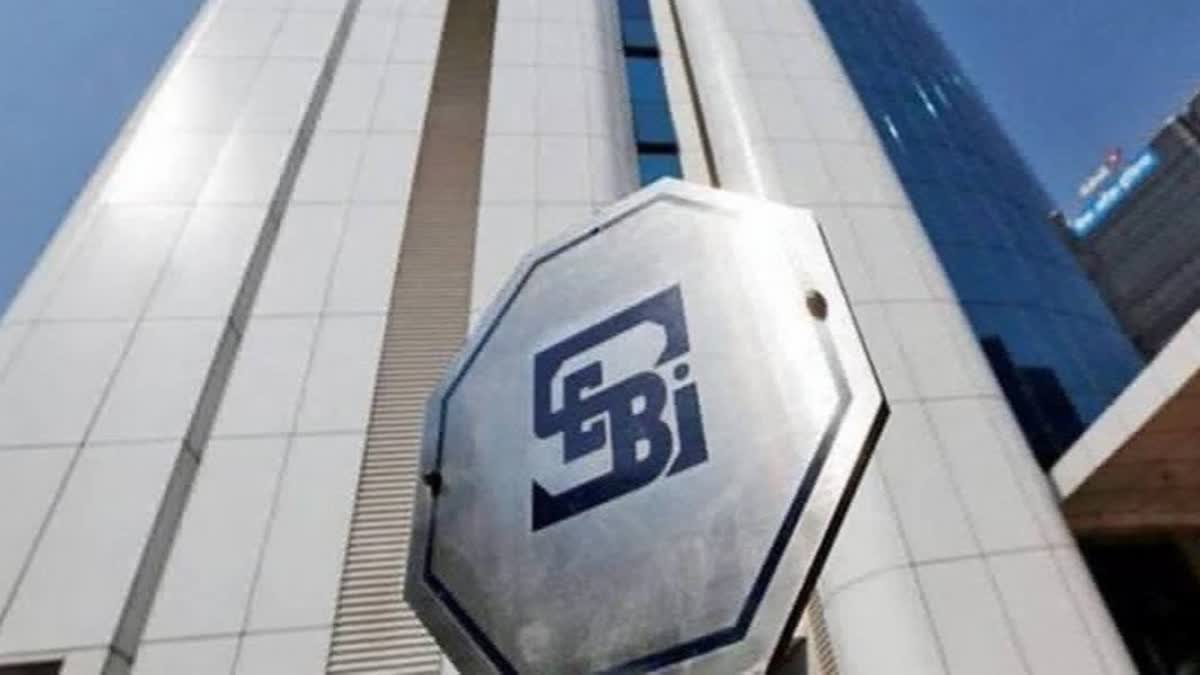New Delhi: To curb speculative trading, markets regulator Sebi on Tuesday put in place a stricter framework for equity index derivatives by increasing the minimum contract size and mandating upfront collection of option premiums.
Other measures announced by Sebi included intra-day monitoring of position limits, removal of calendar spread benefit on expiry day, rationalisation of weekly index derivatives and increased tail risk coverage.
These measures, aimed at protecting investors and maintaining market stability, particularly in the high-risk environment of index options trading on expiry days, will become effective in a phased manner starting November 20, Sebi said in its circular. The framework comes days after Sebi came out with its study on Futures & Option (F&O) segment.
A recent Sebi study found that 93 per cent of over 1 crore individual traders in the F&O segment lost an average of around Rs 2 lakh each (including transaction costs) between FY22 and FY24. The total losses of these traders exceeded Rs 1.8 lakh crore during this period. The report also highlighted that the percentage of loss-making traders increased from 89 per cent in FY22.
In in its circular issued on Tuesday, Sebi has increased the minimum contract size for index derivatives to Rs 15-20 lakh, up from Rs 5-10 lakh, which was last set in 2015. This was aimed at better aligning with market growth. "It has been decided that a derivative contract shall have a value not less than Rs 15 lakh at the time of its introduction in the market.
Further, the lot size shall be fixed in such a manner that the contract value of the derivative on the day of review is within Rs 15 lakh to Rs 20 lakh," Sebi said. On rationalisation of weekly index derivatives, Sebi said exchanges can offer weekly expiry derivatives only for one benchmark index to curb speculative trading.
Further, an additional 2 per cent margin (ELM) will be levied on short options contracts on the day of expiry to address speculative risks. This adjustment, effective from November 20 ensures that the higher leverage and risks in derivatives align with market growth and maintain suitability for participants.
Additionally, Sebi said option buyers will need to pay the full premium upfront to avoid excessive leverage, besides benefit of offsetting positions across different expiries will not be allowed on the day of expiry from February 1. Further, stock exchanges will monitor position limits during the day, with at least four random snapshots to detect breaches, starting April 1.
However, the circular was silent on rationalisation of strike prices proposed in the consultation paper. Sebi noted that derivatives market assist in better price discovery, help improve market liquidity and allow investors to manage their risks better. Stock exchanges and clearing corporations together provide the platform and products for trading in derivatives market, while ensuring online real-time risk management, adequate surveillance, as well as smooth settlement of trades.



